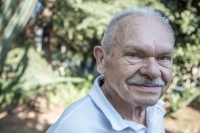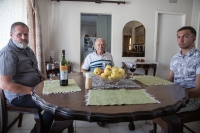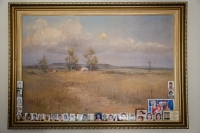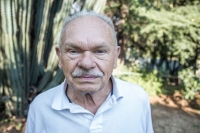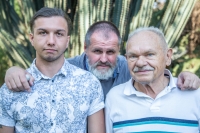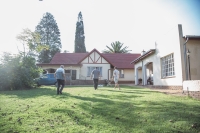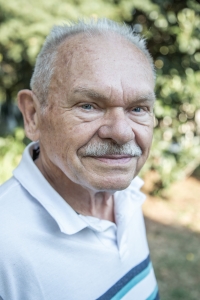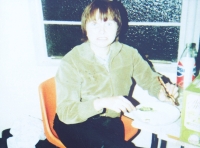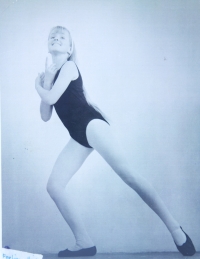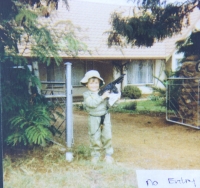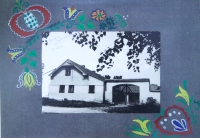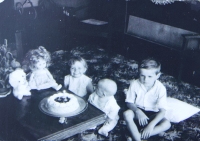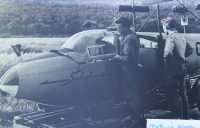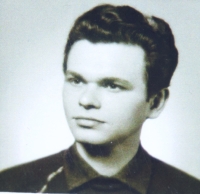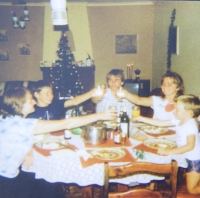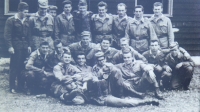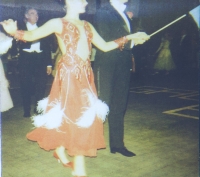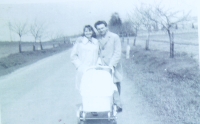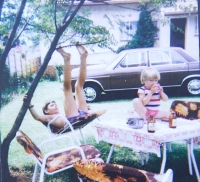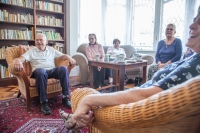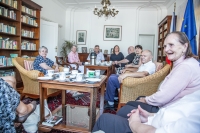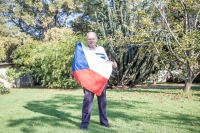How did we get along with other Czechs… Well, we kept in touch with Czechs from the immediate area. Later, when we’d settled in a bit, people from all the surrounding towns including ours went to Zambezi on Friday nights. That was a Greek-run pub in Kempton Park. There were a couple of locals, but we would occupy a long table and we would sing. Everyone had dinner, we drank loads of beer, and we sang Czech songs. Starting with Rožňovské hodiny all the way to the more recent ones. Everyone was staring, and later people came specifically to have a listen to us. Those were great nights.
Honza Šebesta mentioned some Railway Club. Is it the same thing, or is it something else?
That was a different crowd, those were people living in Johannesburg. We don’t live far from Joburg, but we stuck to this particular social scene of people East of Joburg. There was a Railway Club and the local chef, I can’t remember his name now, he used to cook for Czechs. He served people dinner, we went there a couple of times. It was in Sturrock Park. Originally, it was a Railway Club and because he was their chef, it suited everyone, and we used to go there.
And we were all Sokol members. We mainly organised summer camps. We did not exactly camp out, but we would hire a holiday resort with cabins. I was the chief of Sokol at the time, so it naturally fell to me, I was the organiser. I would book a certain number of cabins in the resort, people would pay me, and then we all met there. We organised entertainment for kids, all kinds of contests for them. The main aspect was social, though, we would sit around the campfire and chat and so on. So those were Sokol members. But then there were lots of other people who weren’t in Sokol. There was even something like a “tramp” club [a traditional movement in Czechoslovakia based around woodcraft values]. They bought their cabins in a completely different spot. The cabins always burnt down. They were outdoor kind of huts, thatched, and the thatching reached all the way down to the grass. And all it took was for the grass to catch fire and everything went up in flames. I figure they must’ve given up on it in the end. There were people around here who used to roam the wild with their guitars, but like I said, we were mostly family and a few friends and acquaintances from the immediate neighbourhood.
And seeing as you were the chief, how did the local Sokol operate?
Well, we had a mayor, a chief, and a treasurer. Everything was run in the correct way. We were joined with the Australian chapter. No one could understand why. Probably because there were not so many of us to rate a separate chapter. So, we had to report to the chapter. We didn’t have to pay any fees, that was all fair, but it was part of the organisational structure. And the mayor had unfortunately grown too big for his boots. He saw himself as a bit of a cult figure. He was so full of himself, he would come to the elections and say: “I’ll be the mayor or chairman for another term, thank you very much.” And the members didn’t like it, until it came to an actual clash about some money, apparently someone had been mugged and the organisation’s money went missing and there was a lot of bad blood about it. Our Sokol broke up. The former mayor founded another Sokol group as the old Sokol had dismissed him. Our old group existed a little longer, but interest was running thin. Every year there were fewer people willing to actually do something, and that was the end of it. Our chronicle is safely stored at the Czech embassy. It records all our trips, events, elections and such things. Even financial matters are recorded. All of that can be found at the embassy.

